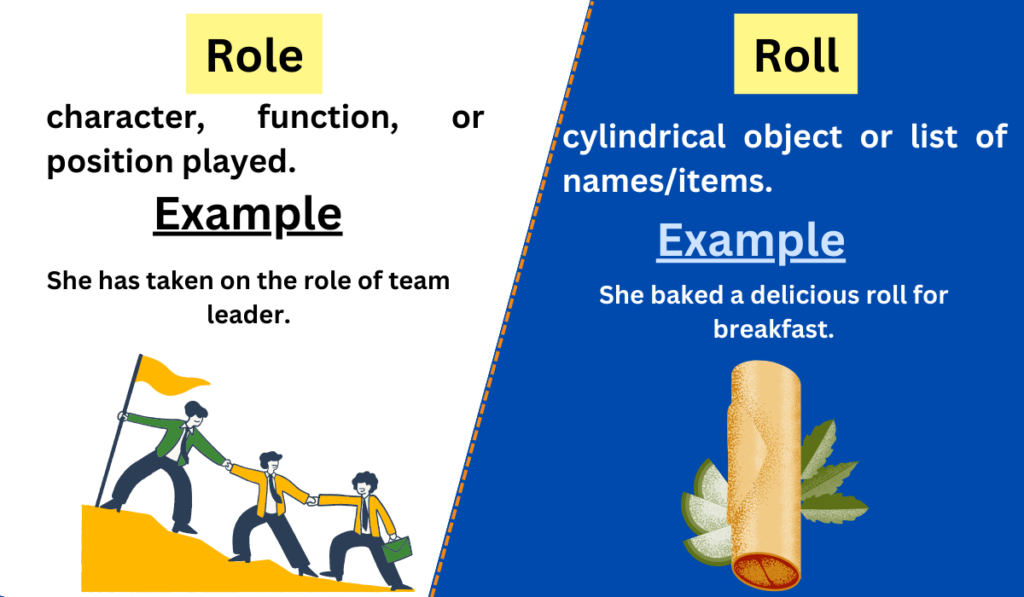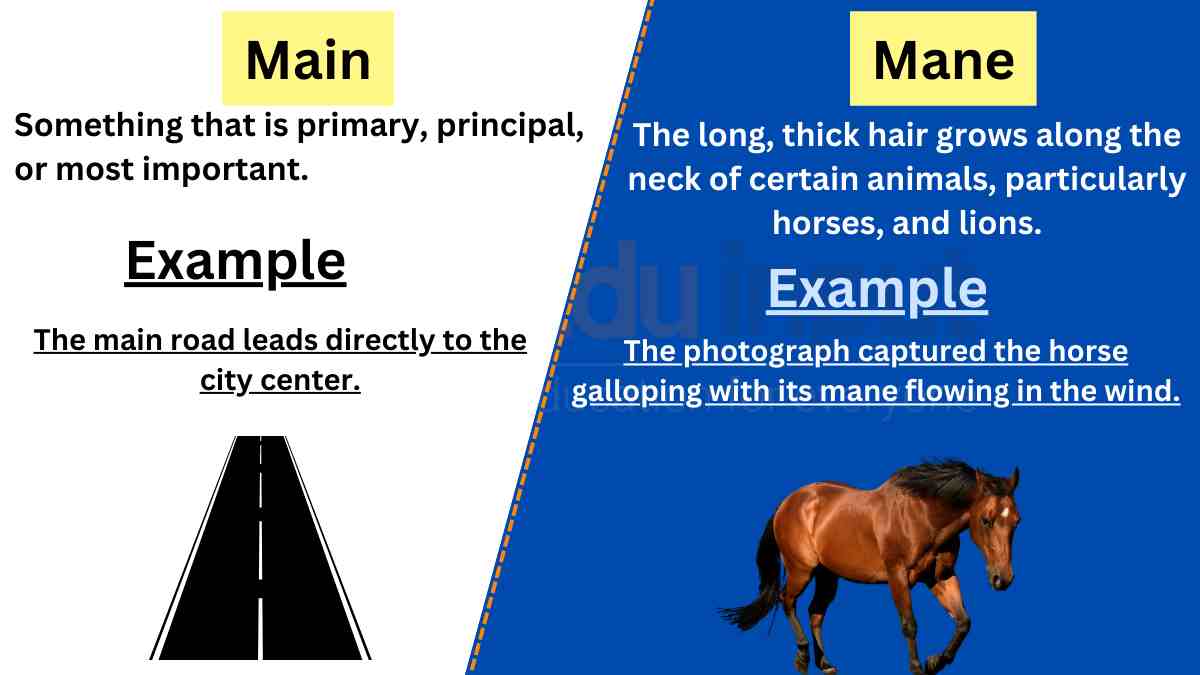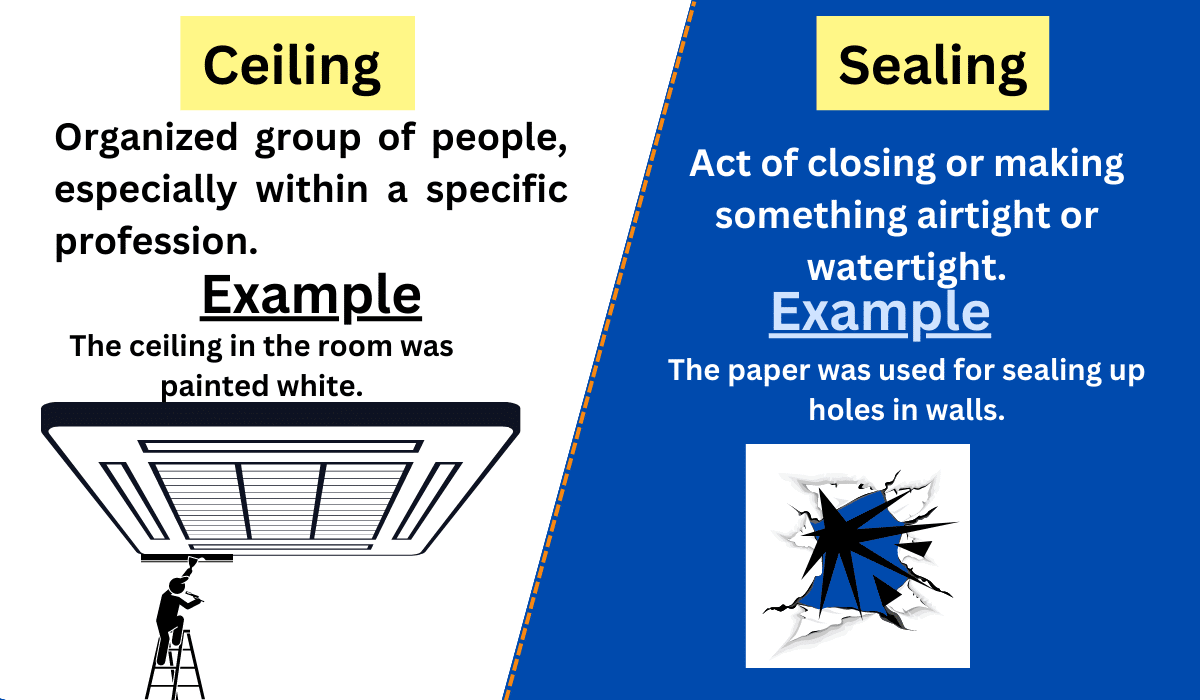Role vs. Roll-Difference between And Examples
In the English language, there are several words that sound alike but have different meanings and usage. Among these, “role” and “roll” often cause confusion due to their similar pronunciation.

While they may appear interchangeable, these words have distinct definitions and contexts. This article aims to clarify the differences between “role” and “roll” by providing clear explanations and examples.
Let’s explore the individual meanings and applications of these words to grasp their correct usage.
Meanings and Examples:
Role Definition
Definition: “Role” is a noun that refers to a character, function, or position played by an individual within a particular situation, organization, or performance. It defines the responsibilities, tasks, or behavior associated with a specific position or purpose.
Examples of Role
- She has taken on the role of team leader.
- His role in the play was that of the villain.
- The teacher plays a crucial role in shaping young minds.
Roll Definition
Definition: “Roll” can be both a noun and a verb. As a noun, it signifies a cylindrical or rounded object or a list of names, items, or actions. As a verb, it denotes the action of rotating, moving, or turning over in a rolling motion.
Examples of Roll
- She baked a delicious roll for breakfast.
- The ship rocked back and forth with the roll of the waves.
- He compiled a roll call of all the attendees.
Difference between Role and Roll
| Category | Role | Roll |
| Meaning | Noun: character, function, or position played | Noun/verb: cylindrical object or list of names/items |
| Example | “She has taken on the role of team leader.” | “She baked a delicious roll for breakfast.” |
| Usage | Describing a position or function | Referring to cylindrical objects or lists |
| Context | Job, performance, responsibility | Food, motion, lists |
Usage in a Paragraph
The term “role” is exclusively a noun and is used to describe the character, function, or position played by an individual within a specific context.
It defines the responsibilities and tasks associated with a particular position or purpose. For example, in a team, someone may take on the role of a leader, guiding and coordinating the group’s efforts.
In a theatrical production, actors assume different roles, such as the hero, villain, or supporting characters.
Similarly, in various aspects of life, individuals play different roles, such as a parent, teacher, or mentor.
On the other hand, “roll” can function as both a noun and a verb. As a noun, it refers to a cylindrical or rounded object, such as a bread roll or a roll of paper. It can also refer to a list of names, items, or actions.
For instance, in a classroom, a teacher may take attendance using a roll call, which is a list of names. As a verb, “roll” describes the action of rotating, moving, or turning over in a rolling motion.
It can refer to the movement of a ship on the waves or the act of shaping dough into a cylindrical form to make bread rolls.
Distinguishing between “role” and “roll” is essential for effective communication. “Role” is a noun that describes the character, function, or position played by an individual, whereas “roll” can be both a noun and a verb, referring to cylindrical objects or lists and the action of rolling, respectively.
By utilizing these words correctly in their respective contexts, individuals can avoid misunderstandings and ensure their messages are conveyed accurately.






Leave a Reply